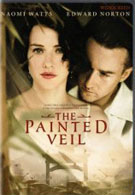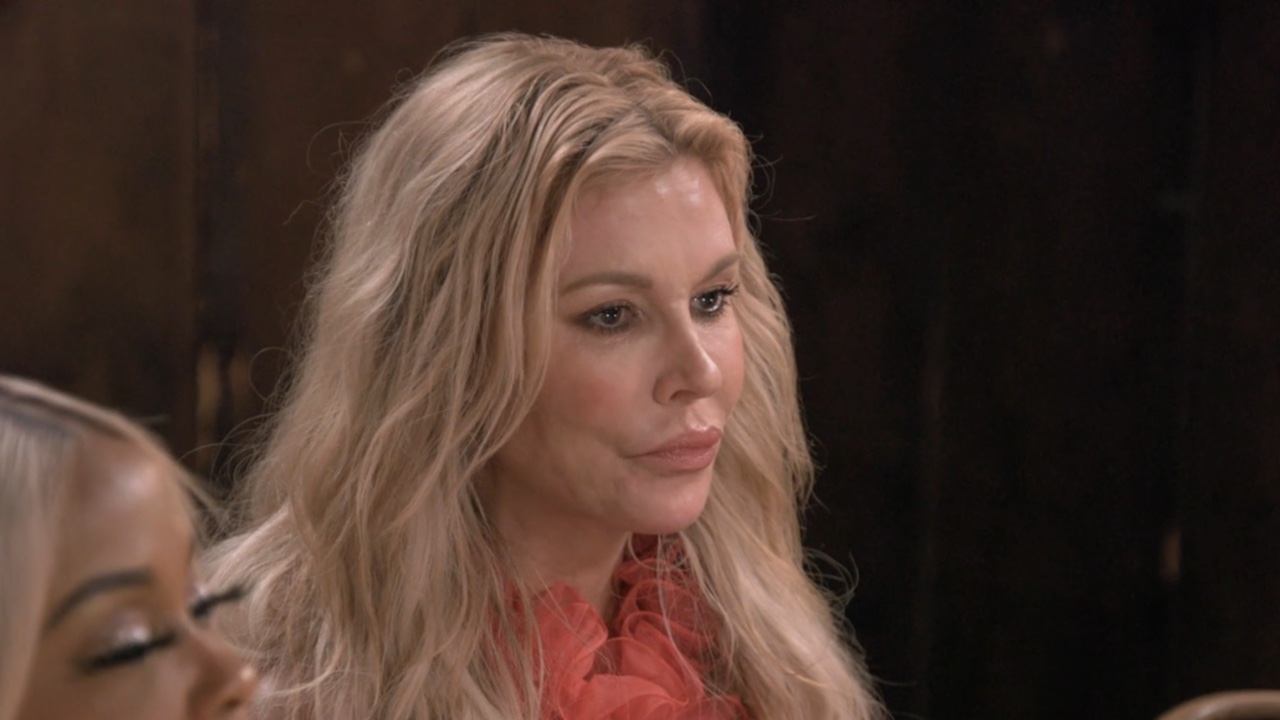John Curran’s The Painted Veil is not your average romance. You know, the type that reeks of Hollywood sentimentality and drags its characters through corny dialogue and misunderstanding before blessing them with a happy ending. On the contrary, the movie portraits a compelling love story between two individuals with mismatched lifestyles, set against cultural turmoil and the menace of death. Based on the novel by W. Somerset Maugham, and set in the mid 1920s, The Painted Veil introduces us to Walter Fane (Edward Norton), a committed bacteriologist who first lays eyes on Kitty (Naomi Watts), an upper-class woman, during a party at her parents’ house in London. Although his instant love for her remains unrequited, Walter asks Kitty for marriage, and surprisingly, she accepts. Several days later the couple travels to Shanghai, where Walter eagerly returns to his service post and Kitty soon engages in a passionate affair with Vice Consul Charlie Townsend (Liev Schreiber). When Walter uncovers her secret, he threatens to file a petition for divorce unless Kitty agrees to accompany him to Mei-tan-fu, an isolated mountain village infested with cholera.
The tagline for The Painted Veil couldn’t be more fitting: “Sometimes the greatest journey is the distance between two people.” The distance here mentioned refers to Walter and Kitty’s lack of compassion, which they gradually learn to build up during their stay in Mei-tan-fu. Surrounded by awful circumstances in a place where a deadly disease causes unstoppable havoc, these two characters finally discover that the only way to get through the crisis is to really get to know each other and earn some respect, maybe even love. Director John Curran and screenwriter Ron Nyswaner guide their viewers through this relationship with care and precision, while emphasizing on solid character development and powerful dialogue. The Painted Veil does a wonderful job at capturing the emotions from Maugham’s novel, a story about two individuals whose uselessness in a place far away from home is the only thing they have in common. The movie slightly differs from the novel in that it plunges the main story into a politically tense environment, with British colonialists clashing with Chinese demonstrators.
The ensemble cast in The Painted Veil flourishes from start to finish, with Naomi Watts stealing every scene she appears in. She is ravishing and cruel in her role as a more contemporary woman, and shares an intense chemistry with the excellent Edward Norton, whose character is unpredictable and old-fashioned. An exchange in looks between the two stars is enough to give you the chills. Liev Schreiber is always good, and despite his short onscreen time, radiates power and mistrust as Kitty’s secret lover. Also starring is the great Toby Jones (last seen as Truman Capote in Infamous), who jumps into the role of a carefree deputy commissioner who leads the passionate life Walter and Kitty strive for so badly.
In his previous drama We Don’t Live Here Anymore, John Curran put a lot of emphasis on exploring the relationships between his main characters so as to avoid conventional storytelling. In The Painted Veil, he applies the same formula, which results in an honest love story devoid of anything that we would usually encounter in a sappy Hollywood melodrama. Passionate movies that are warmly received by critics but only experience a short theatrical run often succeed in attracting a wider audience on DVD, and The Painted Veil should be no exception. Alas, the disc carries no special features section, which is rather disappointing.
What you’ll find on the DVD is a scene selection and a theatrical trailer, but none of these features step beyond the movie itself. Considering The Painted Veil was shot in China and financed with the help of a Chinese production company, the disc could at least feature a short documentary on the choice of the beautiful locations, the shooting of the movie, or even Alexandre Desplat’s subtle score, which earned a Golden Globe for best original music. A filmmaker commentary would have served as a way to discuss the differences between the film version and the novel, but such is absent as well.
Since Stuart Dryburgh’s mesmerizing photography is one of the key elements that account for the splendor of The Painted Veil, the quality of the video is crucial. In this regard, DVD fans will be pleased. Dryburgh’s glorious shots of the Guangxi region in China look so sharp on the TV screen, they will make you want to pack your things and book a flight first thing in the morning. That’s a substantial accomplishment for The Painted Veil DVD, considering it features no bonus material to please to its viewers.
Your Daily Blend of Entertainment News

